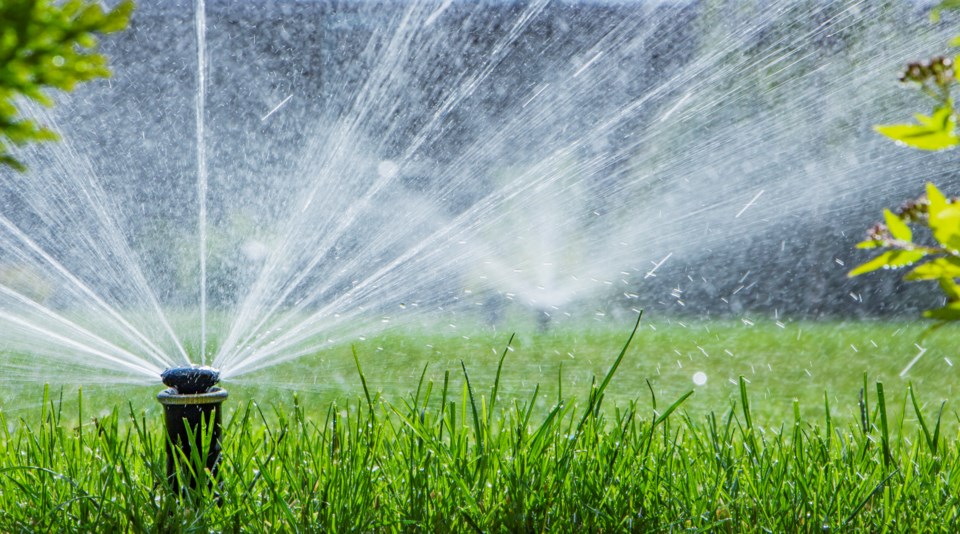This letter was sent to Whistler’s mayor and council, and shared with Pique.
It is hard to reconcile how the recently adopted water-use bylaw restricting sprinkler use aligns with council’s strategic priorities on smart tourism, community engagement, and climate action. Specifically:
1.Smart Tourism—Preserve and protect Whistler’s unique culture, natural assets, and infrastructure: Abundant fresh air, clean water, flowing streams, creeks and rivers, lakes, lush vegetation are some of the natural assets unique to Whistler and other alpine regions. High-quality, well-maintained, vibrant green landscaping has been encouraged and required for our built environment. Compromising existing landscaping is not smart tourism. I doubt residents and visitors are attracted to poorly maintained, dried out, dusty landscaping.
2.Community engagement—Strive to connect locals to each other and to the RMOW: The water use bylaw had a 10-day engagement timeline. Concerns raised by some of Whistler’s landscape professionals pleading to be engaged in the bylaw and their suggestions for alternative measures lacked the consideration deserved.
3.Climate Action—Mobilize municipal resources toward the implementation of the Big Moves Climate Action Plan: Whistler’s greatest threat is wildfire. As Heike Stippler articulated (Pique, March 29) “With regard to FireSmart: Dry plants will pose a fire danger. Dry soil and plants will not help cool our environment and will increase the risk for fire. There cannot be fearmongering that watering your garden is bad! Healthy plants help us with fire prevention. They help keep our environment cooler, keep moisture in the air, provide oxygen, filter the air. Soils and plants sequester carbon and feed pollinators, but only if they are healthy and watered. There is much more, and horticulture is complex. We are here to help to truly conserve water. The new bylaw doesn’t avoid wasting water.”
Moving forward, I believe the RMOW should carefully consider the input of horticulturalists and landscape professionals and amend the bylaw to allow for managed smart watering. Hopefully, such amendment would curtail overwatering on the three days allowed per week to make up for the lack of water on the other four days. With good management, less water overall will be used, and Whistler’s landscaping will thrive and help protect rather than contribute to damage from wildfires.




